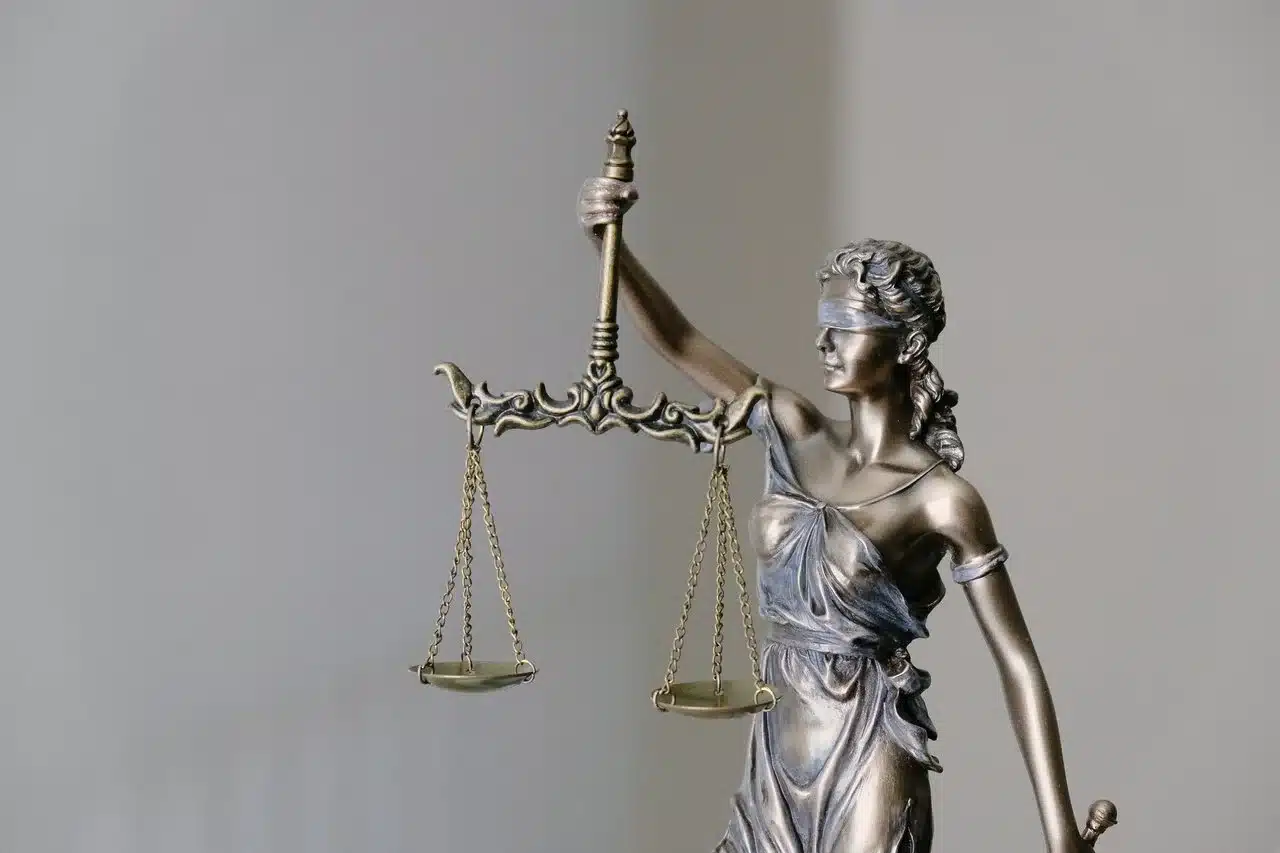Negligence in Premises Liability Claims in Florida

Premises liability cases in Florida revolve around the legal concept of negligence, which holds property owners responsible for maintaining safe conditions on their premises. When individuals suffer injuries or damages due to hazardous conditions on someone else’s property, they may have grounds for a premises liability claim. Understanding the role of negligence in premises liability cases is crucial for both property owners and those who have been injured. In this blog post, we will delve into the concept of negligence in premises liability cases in Florida, providing valuable insights to help you navigate the legal landscape with confidence.
What is Premises Liability?
Premises liability refers to the legal responsibility of property owners or occupants to maintain their premises in a safe condition for visitors or customers. When someone is injured on someone else’s property due to a hazardous condition, the property owner may be held liable for the resulting damages. It is important to note that premises liability cases can arise from various situations, including slip and falls, inadequate security, defective conditions, and more.
Understanding Negligence in Premises Liability Cases
Negligence is a central element in premises liability claims. To establish a successful claim, the injured party must prove the following:
- Duty of Care: The property owner owed a duty of care to the injured party. The extent of this duty depends on the legal status of the visitor (i.e., whether they are an invitee, licensee, or trespasser).
- Breach of Duty: The property owner breached their duty of care by failing to address or warn of a hazardous condition on the premises. This could include failing to fix a broken step, neglecting to clean up spills, or ignoring security concerns.
- Causation: The hazardous condition directly caused the injury or damage suffered by the visitor. It must be established that the property owner’s negligence was a substantial factor in causing the harm.
- Damages: The injured party suffered actual damages as a result of the accident or incident. These damages may include medical expenses, lost wages, pain and suffering, and other losses caused by the injury.
Comparative Negligence
It is essential to understand Florida’s comparative negligence law, which can impact the outcome of a premises liability claim. Florida follows the principle of comparative negligence, meaning that the injured party’s own negligence can reduce the amount of compensation they are entitled to receive. If it is determined that the injured party shares some level of responsibility for the accident, their compensation may be reduced in proportion to their degree of fault.
Seeking Legal Assistance
Premises liability cases can be complex, and establishing negligence requires a thorough understanding of the legal principles involved. If you have been injured on someone else’s property, it is advisable to consult with an experienced premises liability attorney. A knowledgeable attorney can evaluate the circumstances of your case, gather evidence, and help build a strong claim on your behalf. They can guide you through the legal process, negotiate with insurance companies, and advocate for your rights to ensure you receive fair compensation.
Conclusion
Negligence plays a crucial role in premises liability cases in Florida. By understanding the elements of negligence, including duty of care, breach of duty, causation, and damages, you can navigate the legal process with confidence. If you have been injured on someone else’s property, it is essential to consult with a skilled premises liability attorney who can protect your rights, gather evidence, and build a strong case on your behalf. Remember, proving negligence is a complex task, and professional legal assistance can significantly increase your chances of obtaining the compensation you deserve. By holding property owners accountable for their negligence, we can promote safer premises for everyone in our communities.
